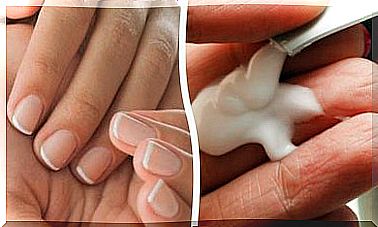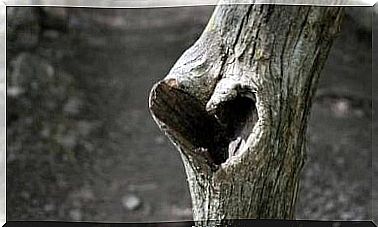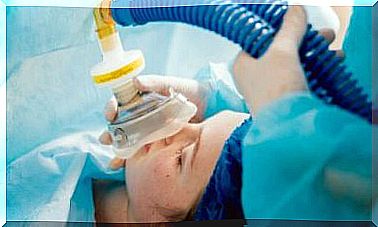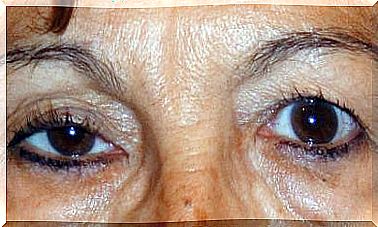What Are Cavities And How Do They Form?
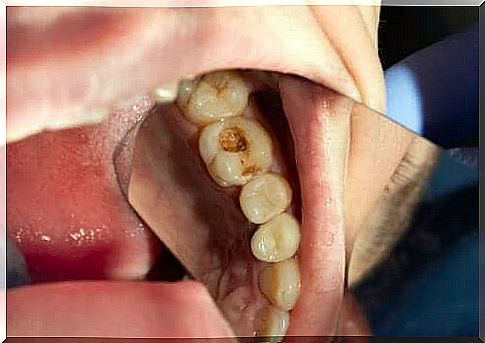
Dental caries is a multifactorial disease that affects teeth. Caries are related to diet, intraoral bacteria, saliva composition and other factors.
First, it damages the enamel, the surface layer of the tooth, and little by little it progresses to the pulp. Cariogenic bacteria are responsible for its formation, the most relevant of which is Streptococcus mutans . These bacteria demineralize tooth enamel and cause pathology.
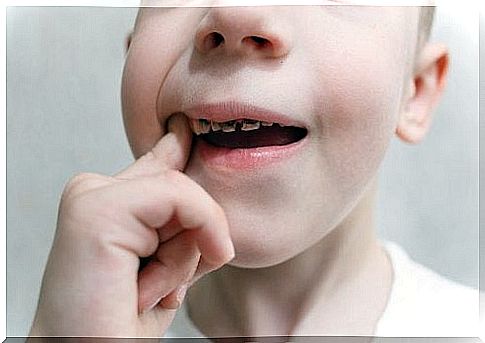
How do cavities form?
It is not just the presence of bacteria that is necessary for this condition to originate. There are other risk factors:
- Oral pH drop due to consumption of acidic drinks or foods such as fizzy drinks.
- Cariogenic diet (high consumption of sugars, sticky foods, etc.).
- Poor oral hygiene.
- Little amount of saliva.
- Lack of space for teeth in the mouth, which makes hygiene difficult.
- Enamel anomalies such as hypocalcifications.
- Periodontal disease.

Caries begins as a white spot, with a powdery appearance, caused by hypocalcification of the enamel. If it continues to demineralize, the disease advances and a dark colored cavity is formed.
During its evolution, it can even break the tooth. Once decay has reached the dentin, it starts to cause sensitivity to cold, heat and sweetness. The treatment at that time would be the filling.

If not treated in time, decay will continue to advance until reaching the pulp, causing more or less intense dental pain. Later, an infection and a tooth abscess may form at the root apex. Finally, when caries reaches this point, the only possible treatment is endodontics.
How to prevent cavities?
The simplest ways to prevent tooth decay are:
1. Proper oral hygiene that eliminates plaque
Without a doubt, the habit of toothbrushing is the most effective way to prevent tooth decay. Mechanical brushing removes plaque and food debris that accumulate on teeth and provide space for the colony of bacteria.
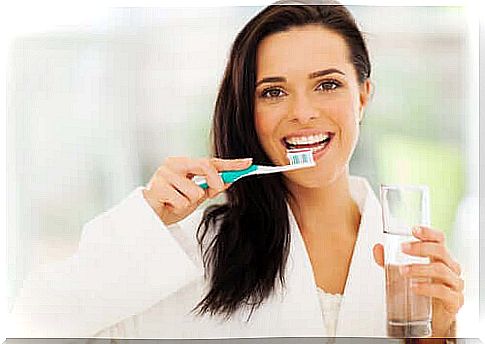
The dentist must teach how to perform a correct brushing, as well as recommend a brush and paste suitable for each patient’s needs.
2. Use of mouthwashes and fluoride toothpastes
It is necessary to use mouthwashes and fluoride toothpastes to help remineralize the enamel, as it makes it more resistant to the action of cariogenic bacteria.
In addition, the following measures in addition to toothbrushing improve hygiene, but should never replace this habit:
- Change in diet: less sugary foods should be consumed.
- Make appointments with the dentist at least twice a year.
- Use dental sealants on children.
